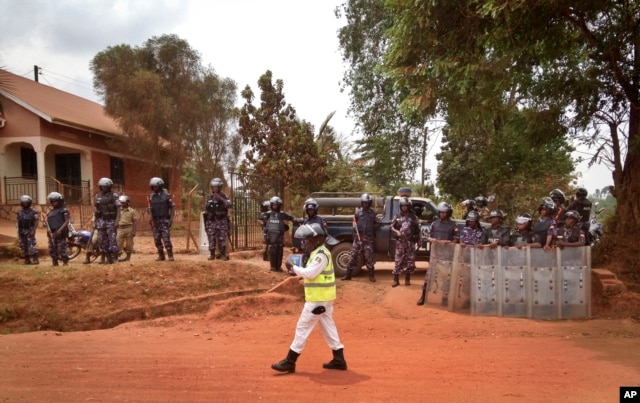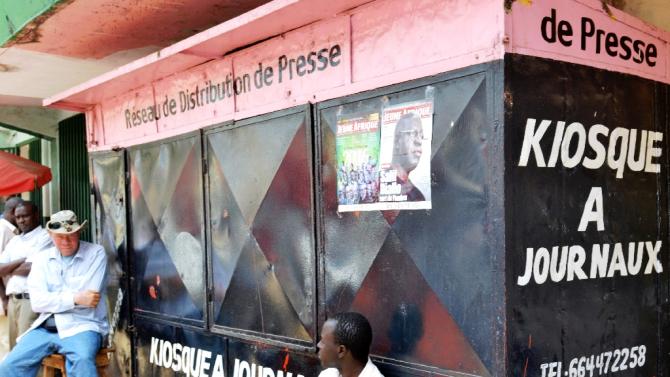By Tyler Campbell Impunity Watch Reporter, Africa
CAIRO, Egypt – People gathered together protesting repeated instances of police brutality. A wide range of people, from doctors to taxi cab drivers, actively voicing their frustration with a government they see as increasingly heavy handed. Reporters catching every moment and informing the public with social media. All this leading to grass roots support with the hashtag Jan25. For many this sounds like the start of the Egyptian unrest that took place in 2011. However, for people living in Cairo, this could also describe what has been happening in the last few days.

Just as in 2011, there has not been one major spark to ignite the people’s feelings against the government. Instead a dangerous mix of authoritarian tendencies, police brutality, and general distrust continue to move people to stage these protests against the current regime.
The problem of police brutality was a major part of what lead to overthrow of ex-president Hosni Mubarak in 2011. It appears the people of Egypt are again facing the very same problem. Last Friday the doctors of Egypt took to the streets to protest an instance of police brutality committed against 2 of their own.
On January 28th two doctors were assaulted and arrested after two police officers visited the Matariya hospital in Cairo. Allegedly, while receiving treatment for a cut on the forehead a doctor called an officer’s injury “simple.” This comment ended with two doctors being assaulted and being placed on a bus toward the police station. The 2 doctors were later released but the larger group of protesting doctors threatens to go on strike if no action is taken against the officers.
Yesterday another instance of police brutality led to more protests around Cairo. Mohamed Ali, a young taxi driver, was shot by an out of uniform police officer during an argument between the two. It is reported that the two got into an argument as the officer and a relative of his were getting into Ali’s cab.
A statement from the Interior Ministry stated, “The policeman pulled out his gun to end the fight but a bullet came out by mistake, killing the taxi driver.” It is unclear at this time where the officer is, some reports say he was apprehended by authorities while others claim that he was killed by bystanders who saw the altercation.
Young Ali’s death came only a day after the regime had moved to close the Nadeem Centre for the Rehabilitation of Victims of Violence. This Human Rights organization had been documenting complaints of torture against Egyptian authorities and giving families effected by violence and torture a resource to turn to. Little explanation for the closure was given besides they had been operating outside their license.
If instances of police brutality and Human Rights violations continue to occur we could see a situation come together in Egypt that heavily mirrors 2011.
For More Information Please See:
The Guardian – Egyptian authorities move to shut down torture watchdog – 17 Feb. 2016
All Africa – Deadly Police Shooting Sparks Egypt Protests – Feb 19 2016
Deutsche Welle – Deadly police shooting sparks Egypt protests – Feb 19 2016


